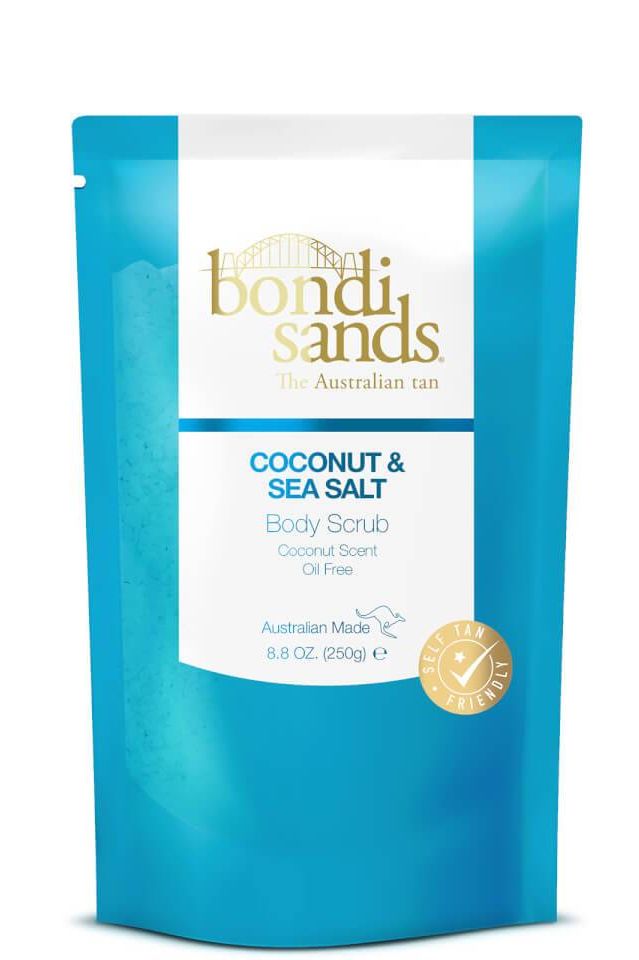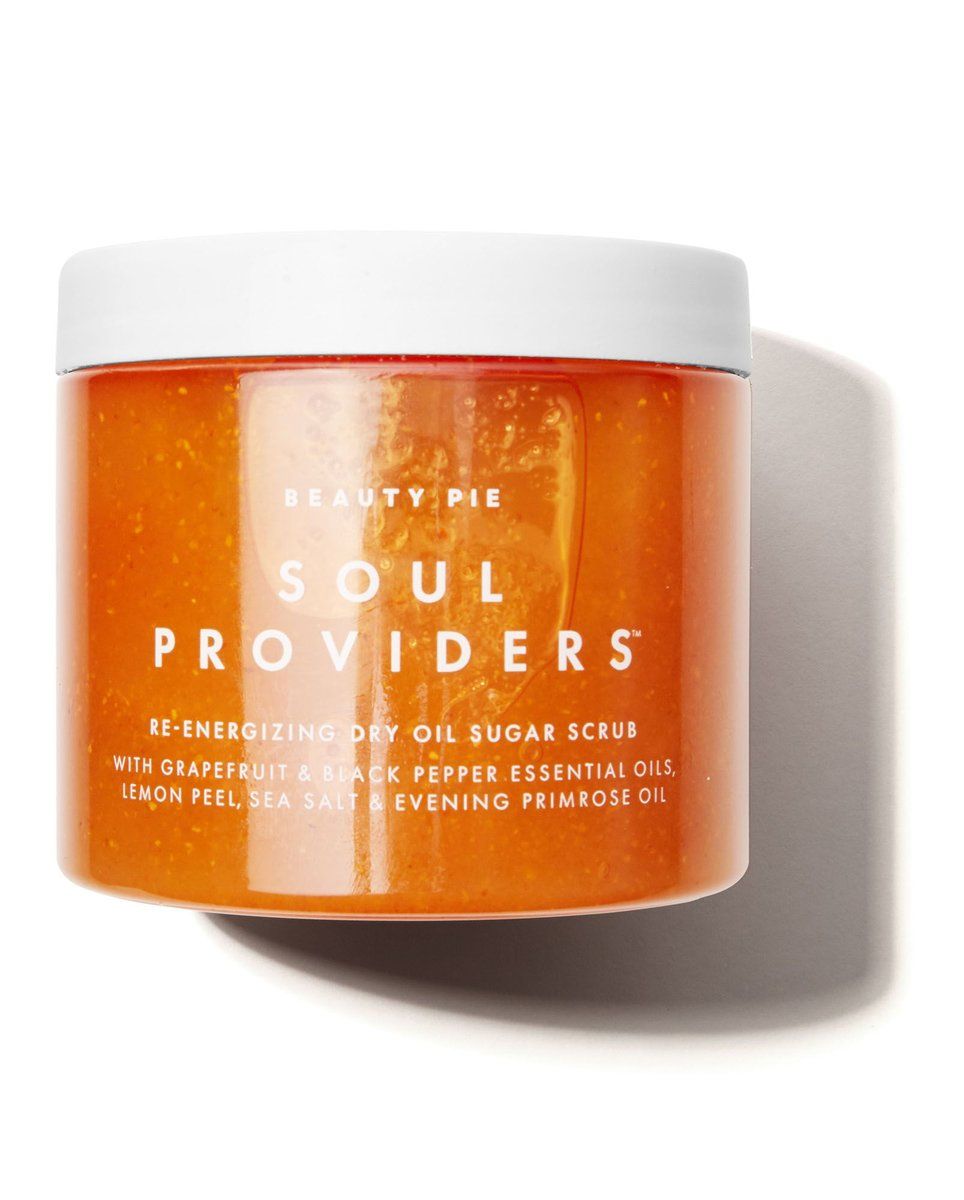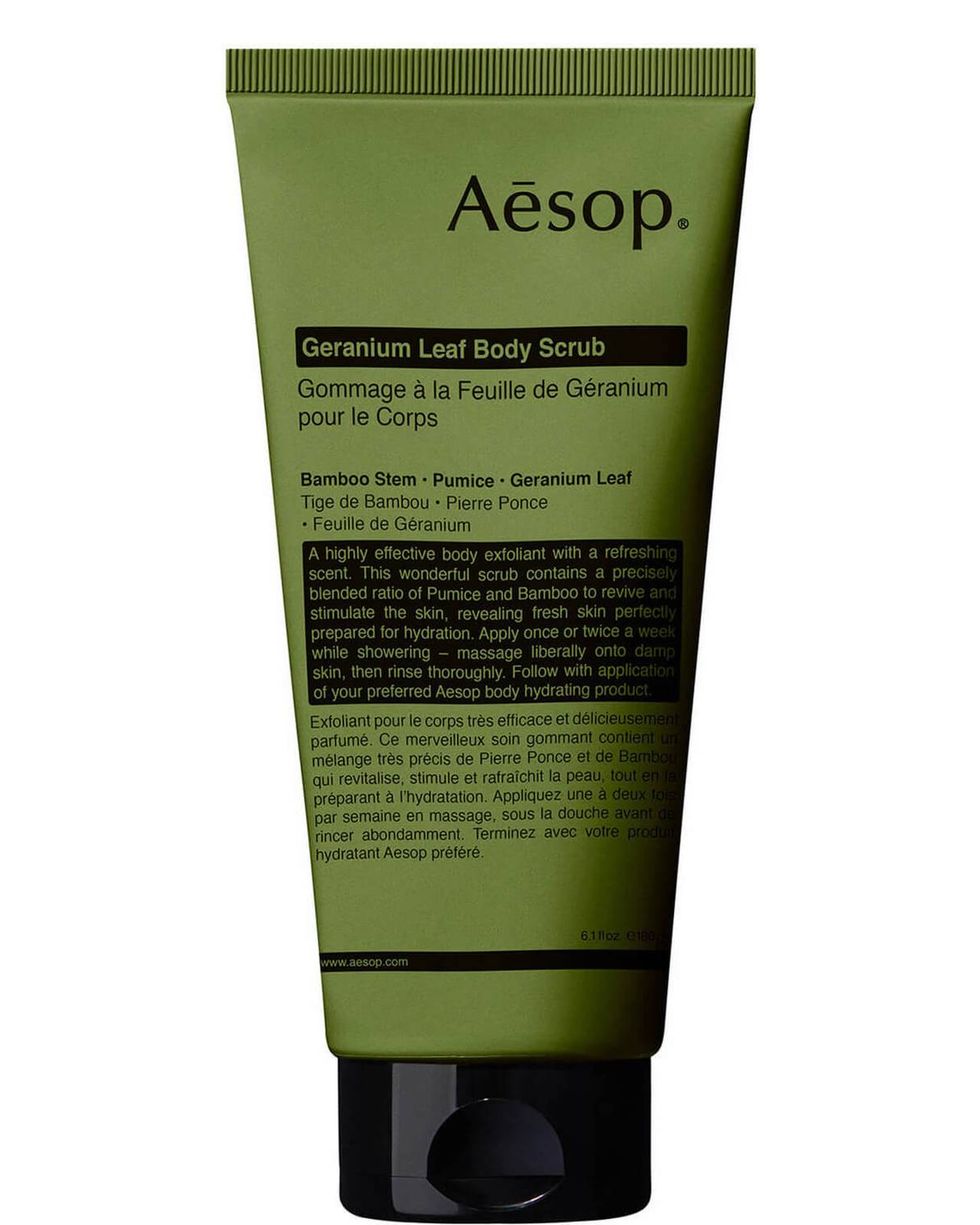Why Exfoliating Is So Important for Your Skin
We should be exfoliating, this we know.
Exfoliation helps remove dead skin cells on the surface layer of the skin. By removing these built-up dead cells, you can unveil smoother, softer, and more radiant skin underneath. Of course, it’s important not to over-exfoliate, which can lead to skin barrier disruption and inflammation.

When is the best time to exfoliate?
We suggest exfoliating in the shower or bath, when the skin is already softened by exposure to warm water. In this setting, you can easily exfoliate without using a lot of force or friction.
Is there anything that needs to be done right after exfoliating?
We recommend applying moisturiser to damp skin as soon as you get out of the shower or bath. This helps lock in hydration, support the skin barrier, and soften skin so that people get the best results after exfoliating.
Are there different types of exfoliators you recommend for different things?
The two main types of exfoliators are chemical and physical. Chemical exfoliators rely on exfoliating acids (like glycolic acid) to loosen the connections between dead skin cells, so they slough away easily. We generally prefer chemical exfoliators for the face, since they provide even exfoliation.
Physical exfoliators rely on manually abrasive materials or particles to smooth the surface of the skin. We generally recommend these for body exfoliation (backs of the arms, heels, knees, elbows), where the thicker skin can tolerate slightly more aggressive exfoliation.
With either type of exfoliation, it is very important not to over-exfoliate, which can lead to problems like skin barrier breakdown, flares of inflammatory skin conditions, and skin discoloration.
Our Favourite Scrubs

Bondi Sands Coconut and Sea Salt Body Scrub

Beauty Pie Soul Providers Re-Energising Dry Oil Sugar Scrub

Aesop Geranium Leaf Body Scrub


